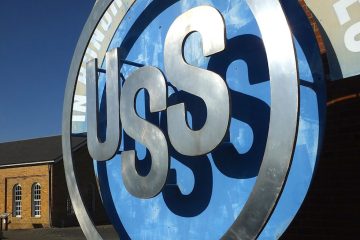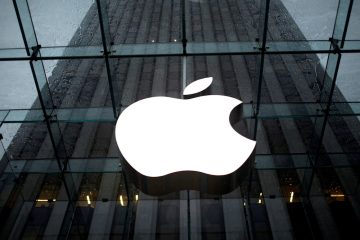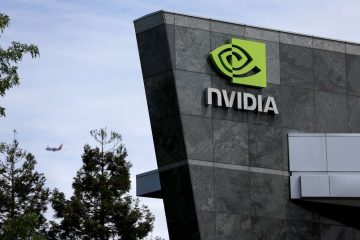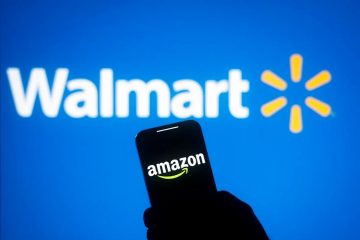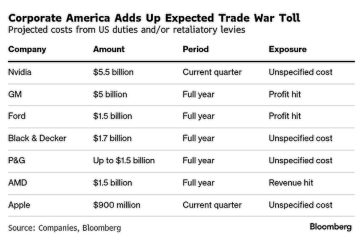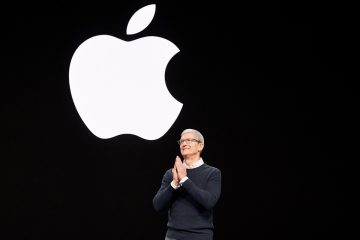Discover Financial Is Being Acquired by Capital One
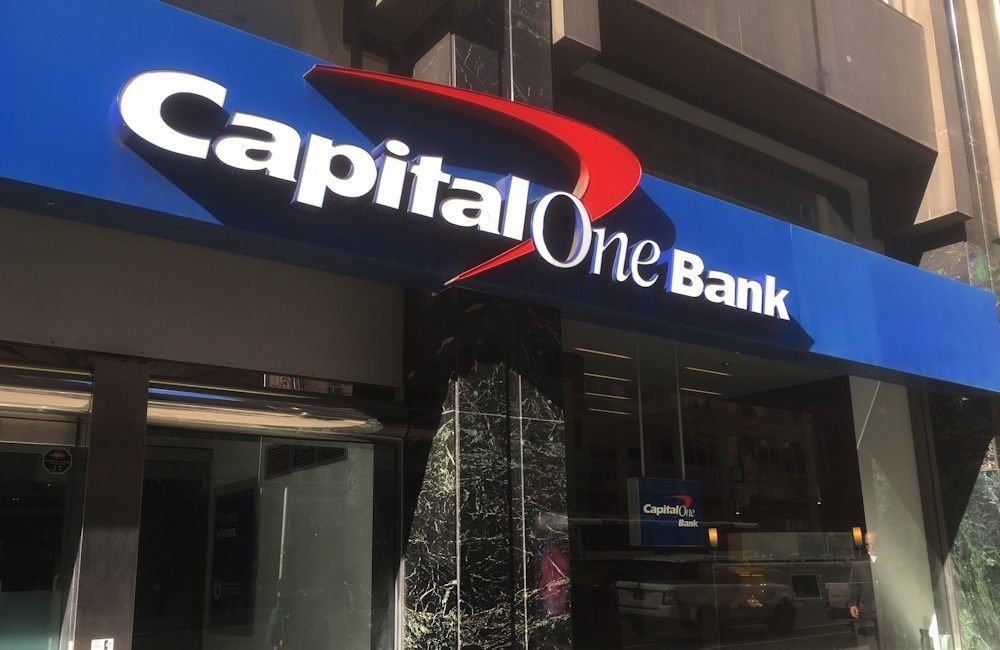
Two of the biggest U.S. credit-card businesses, Capital One and Discover Financial Services, will be joining forces in a merger that will cost over $35 billion.
The all-stock agreement states that for every Discover share, stockholders will receive 1.0192 Capital One shares, which represents a premium of almost 27% compared to Friday’s closing price of Discover. Following the completion of the merger, shareholders of Capital One will own about 60% of the merged firm, while shareholders of Discover would own the remaining 40%.
Right now, the credit card industry is expanding, and Capital One is betting big on it. The digitization of business and the prevalence of substantial rewards programs have led to an increase in the use of credit and debit cards as payment methods. This trend was further expedited by the pandemic. More good news for issuers: credit card debt has been on the rise recently.
A credit-card lender with a market valuation of little over $52 billion, Capital One, would acquire a network that would significantly enhance its influence in the payments ecosystem if it were to acquire Discover.
The ability to make purchases and the establishment of fees that businesses must pay when customers pay with credit cards are both made possible by card networks. Discover is one of the few U.S. card issuers that also owns a payments network; it is somewhat smaller than Visa and Mastercard, but it is nonetheless a rival to those firms.
Capital One is the ninth biggest bank in the US and a big credit card issuer. The majority of its cards are Visa and Mastercard. While some of the bank’s cards will be moving to the Discover network, others will still be using Visa and Mastercard. In international markets, those bigger networks are more widely accepted by merchants than Discover is.
Assuming approval from regulators and the completion of the purchase, Capital One intends to keep the Discover brand on the cards and network.
With the exception of a single branch in Delaware, the acquisition would not bring any brick-and-mortar locations to the Riverwoods, Illinois-based Discover Bank.
After a turbulent time that saw heightened regulatory scrutiny and a leadership transition at Discover, the company has finally reached an agreement.
The company disclosed last year that an internal review found it had misclassified certain credit-card accounts beginning in 2007, incorrectly placing them in the highest merchant-and-acquirer pricing tier. To cover the anticipated payment due to merchants and acquirers, the business set aside $365 million as a liability.
In a separate development, the Federal Deposit Insurance Corp. issued a consent order to Discover. Discover promised to enhance its consumer-compliance processes in response to the FDIC ruling in October.
In December, Discover said financial-industry executive Michael Rhodes would become its CEO and president . He succeeded John Owen, who had been acting as a substitute following Roger Hochschild’s August resignation.
Discover has been approached by large banks and technology companies about an acquisition of all or a part of its business over the past decade or more. Tech companies have been interested in acquiring its network so that they can play a more central role in payments, but prior senior executives at Discover weren’t interested in separating the company’s credit-card lending side from the network.
For Capital One, the deal would also further expand the number of cardholders it will count as customers for its credit-card lending business. Many Discover cardholders have high credit scores.
Discover also has consumer deposits, most of which are in savings accounts, allowing Capital One to continue to grow its already large presence in that area.
For roughly a decade now, big U.S. banks have aggressively competed for customers by rolling out new credit cards or enhancing their existing ones with more cash-back offers or points programs that dangle the possibility of free or discounted airfare, hotel stays or other travel perks.
Credit-card debt fell during the pandemic but is rising again. That translates into lucrative interest charges that cardholders pay to the banks that issue their credit cards.
Issuers face the risk of rising delinquencies and loan losses, however, if unemployment rises or a recession kicks in.
Rising credit-card usage is also a boon to the billions of dollars in interchange fees banks collect every year. The fees are set by card networks and paid by merchants when consumers shop with cards. By owning the Discover network, Capital One would be able to negotiate interchange fees and other terms directly with merchants for card transactions that travel over its network, making Capital One more of a competitor to Visa and Mastercard.
An acquisition of Discover will rank among the biggest deals so far in 2024. After a lull in M&A activity in 2023 as economic and other uncertainty and increased interest rates took a bite out of the appetite for deals, volumes have gotten off to a relatively strong start and are up 90% in the U.S. compared with a year earlier, according to Dealogic. Other big transactions include software maker Synopsys ’ roughly $35 billion acquisition of rival Ansys and Diamondback Energy’s $25 billion deal for Endeavor Energy.

